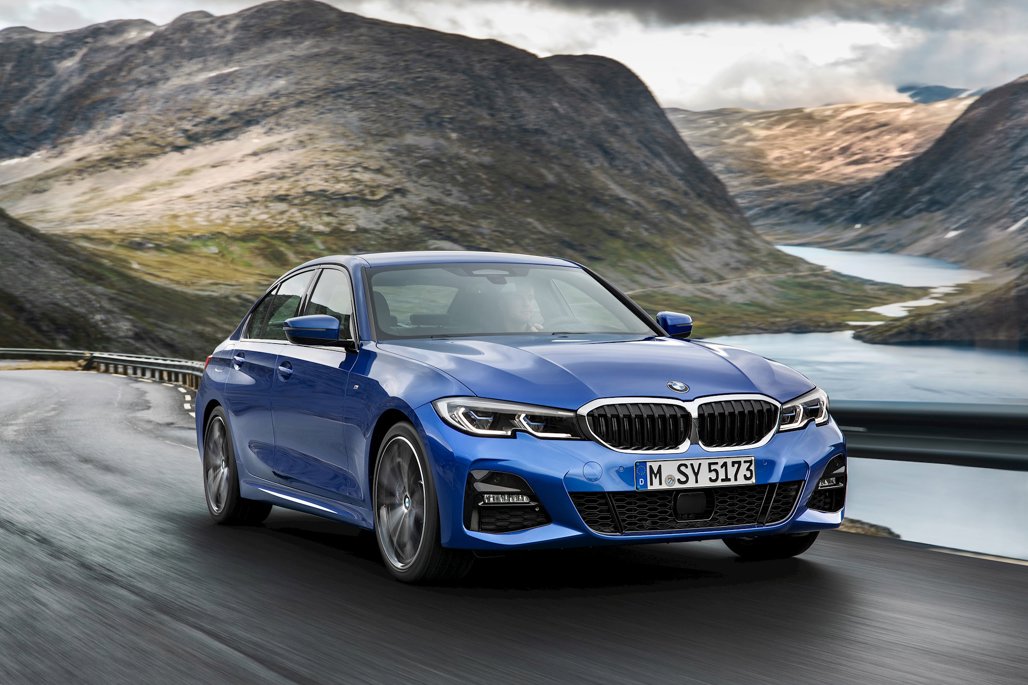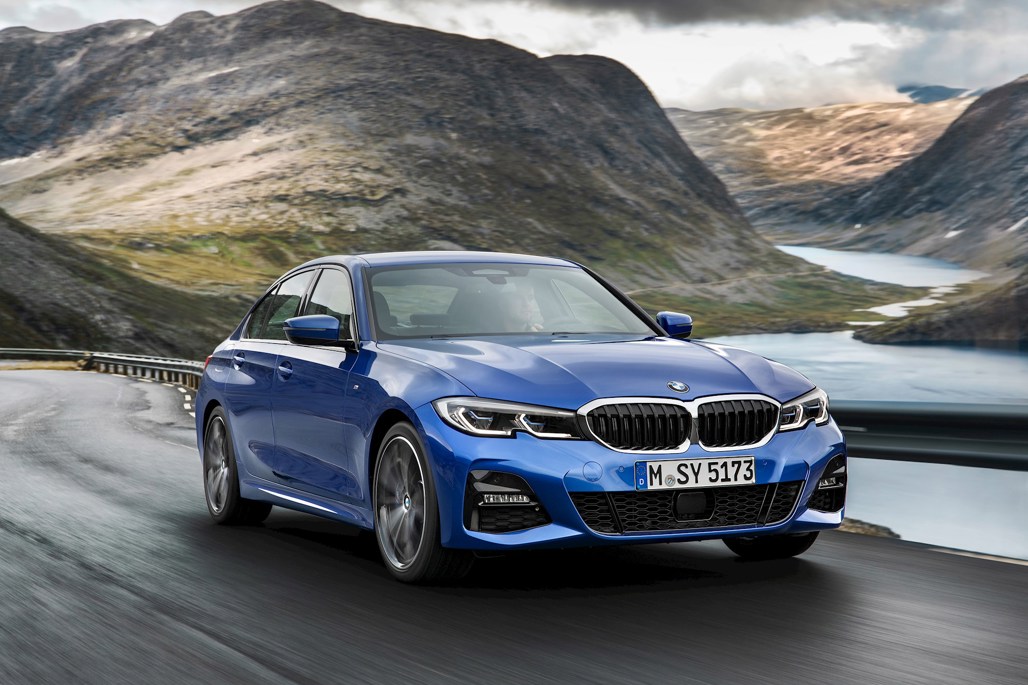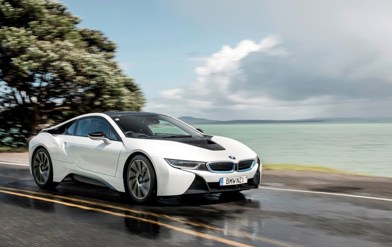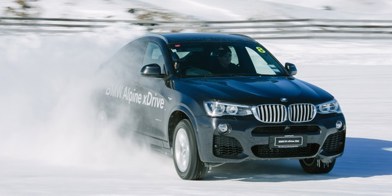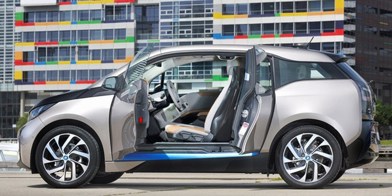While fans are flocking to BMW’s SUV range, there is a core member of the German line-up that will soon be garnering customer attention — the 3 Series sedan.
First launched in 1975, the seventh-generation 3 Series has just gone on sale in New Zealand with two models initially until the lineup gets more variants.
The first products are the 2-litre turbocharged four-cylinder diesel producing 140kW of power and 400Nm of torque with a price tag of $77,500.
The 2-litre petrol starts at $89,900 and has 190kW of power and 400Nm of torque.
The new-look 3 Series retains the double kidney grille but it is wider with the addition of the Hofmeister kink iconic design now part of the C-pillar.
The 3 Series is lighter by 55kg than the previous model but larger with a longer wheelbase.
The suspension and drivetrain use more aluminium than before, and the bonnet and front wings are aluminium too, hence the weight loss.
The 320d sits on 18in alloys, has adaptive suspension plus wireless charging while the 330i has 19in alloys and parking assistant plus.
Joining the two later this year will be the 320i, 330e and the 340i before the M model and touring.
The 3 Series has dominated sales globally with more than 15 million sold, and over the years creating and dominating the premium sedan market.
At the New Zealand launch this week, BMW said, “it’s the most important vehicle for the brand historical but times are changing”.
A third of sales globally for the brand are SUVs, while in New Zealand two thirds of BMW’s sales are SUVs.
Buyer preferences are changing, said BMW NZ. But, as rival Mercedes-Benz has found with the A-Class in New Zealand, especially after it took out AA Driven New Zealand Car of the Year 2018 award, not everyone wants or needs an SUV.
And like the A-Class, BMW is appealing to new buyers, thanks to its class-leading technology.
When it comes to road safety, the 3 Series gets the driving assistance including narrow passage support that recognises road works ahead and helps you navigate the road.
Like the BMW X5, the 3 Series gets reversing assistant that works by noting how you enter a car park space and will back out for you. It’s ideal for narrow car park spots.
Available for first time in 3 Series are optional laser lights that see up to 530m ahead, double the range of LED headlight.
Another option is acoustic glazing in the front windows and windscreen to help reduce road noise.
Inside the 3 Series, it has a live cockpit via a SIM card with a touchscreen that allows you to pick widgets to be displayed on it.
But what will woo buyers is BMW’s intelligent personal assistant that after a week will learn your habits, be it having heated seats on, your drive route or cabin temperature and ask you if you require that setting.
Like “Hey Mercedes”, the system operates by saying “hey BMW” (or you can change its name to whatever you want), and it will set functions such as navigation, change radio stations, set your temperature (by just saying “I’m hot”) and call numbers.
This Siri and Alexa-style automated assistance is great for keeping drivers’ eyes on the road.
But due to this increase in technology, 3 Series buyers may need to return to their dealership a few times to get some lessons on how to use it, says BMW NZ.
“[The 3 series] is grown up. It’s a much larger car, more technology, so we may have to do a hand over a second or third time,” said BMW NZ’s product and pricing manager, Tim Michaelson.
To assist with such technology, dealerships have a product genius to explain any functions to buyers.
Michaelson said the 3 Series gets a new “supplicated damper system that cuts out the harshness”.
When it comes to the road, the seventh generation gains suspension and ride handling from its bigger siblings.
We tested the 320d at launch and the torque from this quiet diesel was impressive, especially on the motorway in sport mode. Overtaking is a breeze with plenty of legs left in the sedan if needed.
On country routes and in sport mode, the 320d’s ride was too firm over rough bitumen so we opted for comfort.
But it’s an easy vehicle to adapt to as a daily commuter. Inside the cabin, there is a layer of premium feel while the new cockpit and infotainment screen gives a more refined look.
● Driven will be reviewing the new BMW 3 Series in an upcoming issue.
